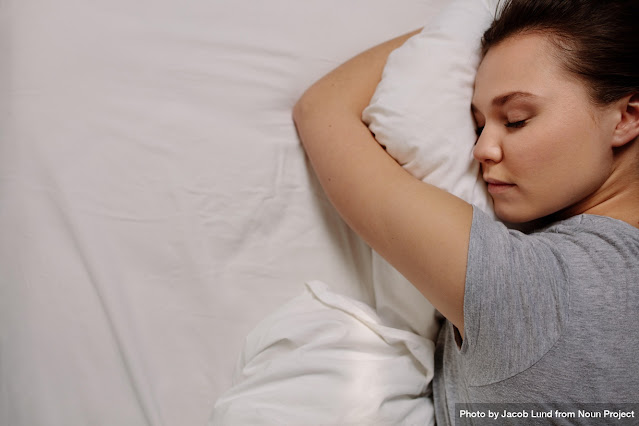Sleep and Mental Health

By Adam Toffan, M.Sc, NSCA-CSCS, CSEP-CEP , Assistant Fitness Training and Assessment Coordinator, UM Recreation Services We’ve all felt the effects of a bad sleep (feeling lethargic, overly hungry, lack of focus, motivation). Does poor sleep hygiene also affect our mental health, and susceptibility to depression and anxiety? Research shows that sleep is heavily linked to mental health — so much so that researchers suggest that medical professionals analyze a person’s sleep hygiene (a set of behavioural and environmental recommendations that promote healthy sleep) before delving into a diagnosis of depression. Seventy-five per cent of people living with depression have difficulty initiating or maintaining sleep. Prevalence in young adults (21-30 years old) is a little over half, and increases with age, up to 90 per cent in people aged 55-64. Depression affects what’s called sleep architecture. People living with depression have less short-wave activity (SWA) ea...





